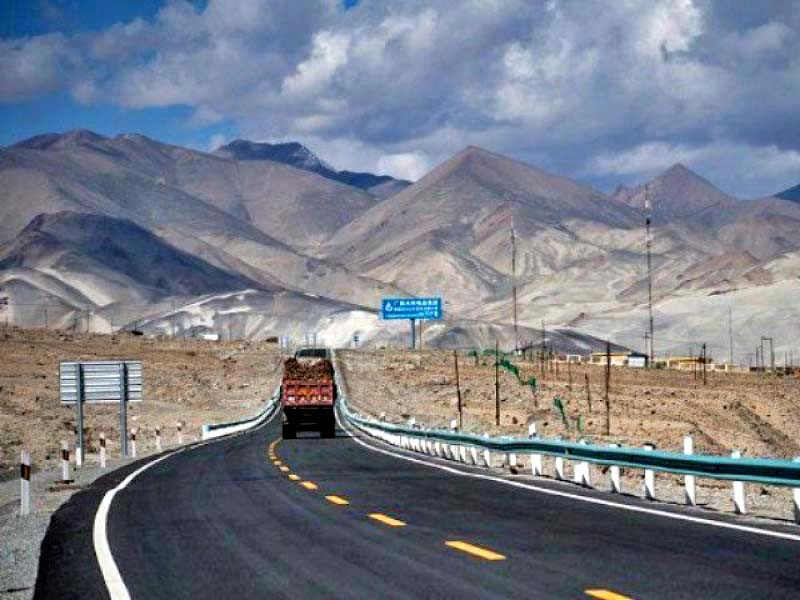
In a move to enhance China-Pakistan cross-border trade, an international road transport route was opened between China’s inland city of Kashgar and Islamabad as the first shipment convoy of five trucks departed from Kashgar to Islamabad in a muchawaited inaugural ceremony.
This convoy is notable for being the inaugural TIR (Transports Internationaux Routiers) between China and Pakistan, highlighting a fresh mode of crossborder transport for Xinjiang and potentially setting a precedent for future trade routes within the China-Pakistan Economic Corridor (CPEC).
Established in 1949, the international customs transit system TIR is characterised by streamlined, safe and economical procedures.
Cargo remains sealed for the entirety of the transit, reducing potential delays at border crossings and minimising the risk of cargo interference.
Additionally, the TIR’s unified international guarantee can potentially reduce additional customs expenses during cross-border transportation.
The Kashgar-Islamabad TIR route is a collaborative endeavour involving Kashgar Customs, the Kashgar Municipal People’s Government, and spearheaded by CEVA Logistics with support from the Shenzhen Cross- Border E-commerce Association.
Kashgar is the first inland Chinese city to adopt the TIR inland transport services following China’s ratification of the United Nations’ TIR Convention in 2016.
With over 66 countries using the procedure, the TIR system is the international customs transit system with the widest geographical coverage.
As other customs transit procedures, the TIR procedure enables goods to move under customs control across international borders without the payment of duties and taxes that would normally be due at importation (or exportation).
A condition of the TIR procedure is that the movement of goods must include transport by road.
THE ARTICLE ORIGINALLY APPEARED ON THE CHINA ECONOMIC NET



1731925783-0/Betty-White-(1)1731925783-0-165x106.webp)

1731926127-0/zayn-(1)1731926127-0-165x106.webp)




1731884290-0/image-(9)1731884290-0-270x192.webp)







COMMENTS
Comments are moderated and generally will be posted if they are on-topic and not abusive.
For more information, please see our Comments FAQ